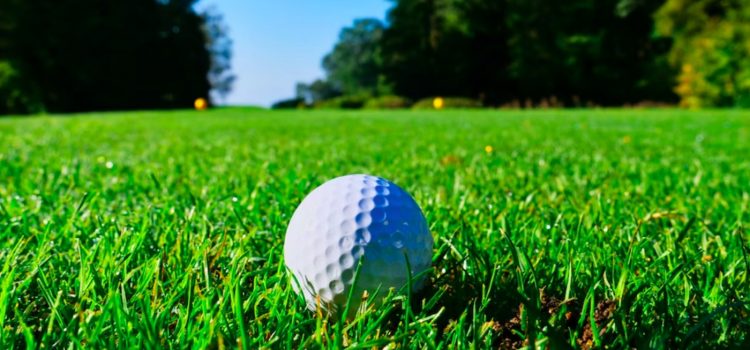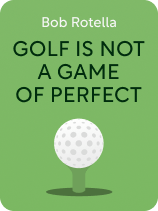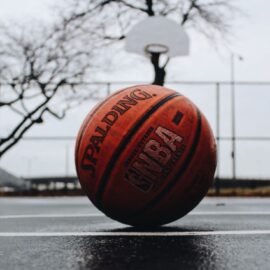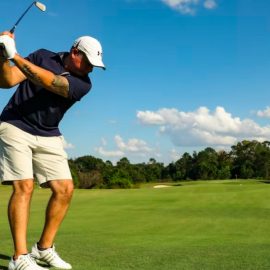

This article is an excerpt from the Shortform book guide to "Golf Is Not a Game of Perfect" by Bob Rotella. Shortform has the world's best summaries and analyses of books you should be reading.
Like this article? Sign up for a free trial here.
What are golf approach shots? Why should beginners dedicate their time to improving their short swings?
While it’s tempting to focus on the long, flashy drives in golf, what will ultimately improve your score are the short shots you take near the green. In Golf Is Not a Game of Perfect, Bob Rotella advises beginners to practice their short shots the most.
Here’s how to master approach shots, as Bob Rotella advises.
Focus on Approach Shots
Rotella argues that most of your practice time should be dedicated to improving your short game. While it’s tempting to focus on relatively flashy long irons and drives, the shots that will save you the most strokes over the course of the round are the shots you take near the green, from max-range wedge shots to chipping from the edge of the green, and everything in between. Rotella argues that improving your mechanics on golf approach shots will improve your scores faster than any other course of practice.
(Shortform note: In addition to having a relatively small impact on your score, long shots may also be more difficult to perfect in practice. Experts argue that for many golfers, trying to perfect tee shots may be a waste of time, as it takes a lot of time and natural ability that most people don’t possess. By contrast, these experts note that because the short game doesn’t rely on physical strength or the complicated mechanics of a full swing, even casual golfers can improve their short games with a little practice.)
Rotella recommends that you should spend a lot of time practicing short approach shots because it’s more mental than mechanical.
(Shortform note: While Rotella argues that you shouldn’t practice putting as it’s a mental task, some researchers assert that putting practice can improve your game—so long as you practice mentally. These researchers found that by observing others’ putting and mentally envisioning how to sink each putt, study participants increased their skill and subsequently shot better scores without practicing a single stroke.)
Don’t Change Your Swing All at Once
When you do practice your longer shots, focus on improving your swing incrementally. While there may be several different facets of your swing that you’d like to correct, Rotella contends that swing mechanics are too complicated to juggle more than one change at a time. When you try to change too many things at the same time, it’s harder to get each one exactly right. As a result, your swing may worsen as you incorporate imperfect versions of the changes you desire. Instead, focus on correcting one mechanic at a time, and don’t move on until the new mechanic is so thoroughly learned that you do it correctly without thinking about it.
(Shortform note: In contrast with Rotella’s advice, some authors argue that there may be psychological advantages to trying to change multiple bad habits at the same time. These authors contend that bad habits are often interlinked and that changing one linked habit without the others may lead you to relapse. For example, if you always smoke cigarettes while drinking, you may find it difficult to quit smoking unless you give up drinking too. In the context of a golf swing, bad habits can also be interlinked—looking up from the ball too late or too early can negatively affect your follow-through. In situations where you find that your bad habits are interconnected, it may be worth trying to change them in unison.)

———End of Preview———
Like what you just read? Read the rest of the world's best book summary and analysis of Bob Rotella's "Golf Is Not a Game of Perfect" at Shortform.
Here's what you'll find in our full Golf Is Not a Game of Perfect summary:
- A framework for improving the mental side of your golf game
- Why thoughts, confidence, and strategy are more important than your swing
- Techniques for choosing the right thoughts, goals, and shots






